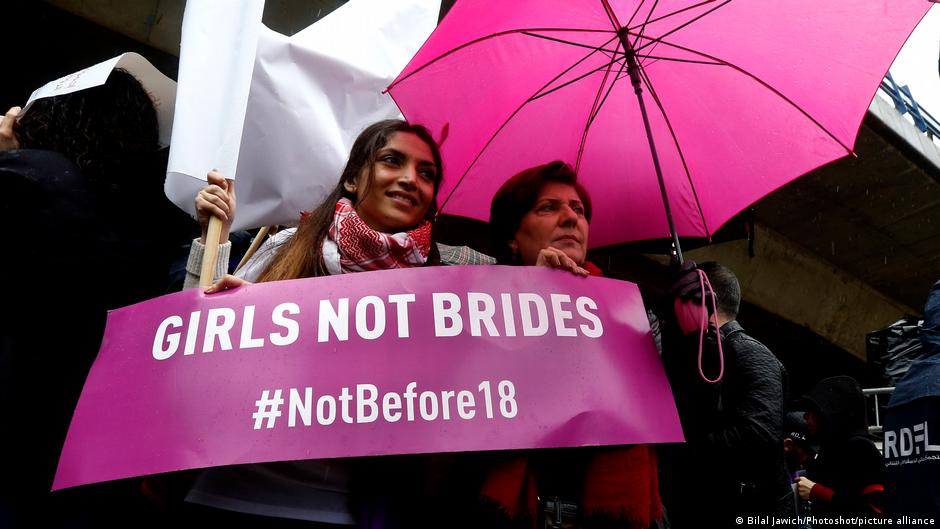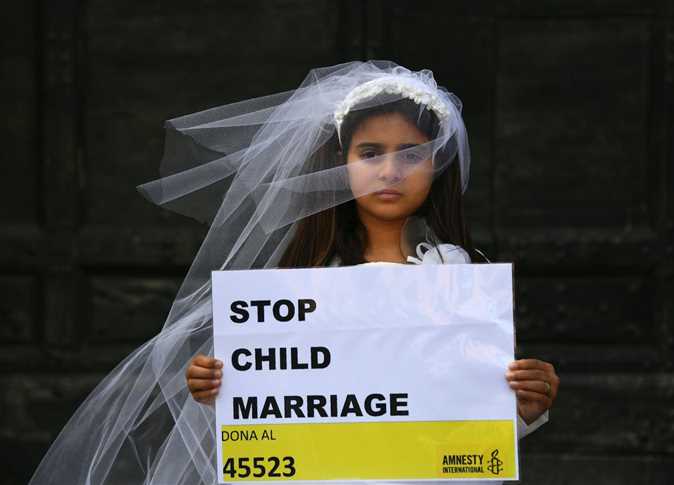Advocates against child marriage need to step up efforts to maintain progress against the practice as the world's youth population swells, experts at a United Nations panel said on Tuesday.
Child marriage, which ensnares about 10 million girls under the age of 18 every year, is banned in 88 percent of countries, but the practice persists in many parts of the world, particularly in sub-Saharan Africa and Asia.
Awareness of the problem has grown in recent years, as has knowledge about the best strategies to combat it, but the new challenge is to scale up the effort, said Geeta Rao Gupta, UNICEF's deputy executive director.
"We must aim to effect the lives of not a few hundred or a few thousand but millions of girls," she said at a panel on the second day of the two-week-long UN 59th Commission on the Status of Women.
With the world population of people aged 10 to 24 at a historic 1.8 billion, efforts to end early marriage must be boosted to avoid losing ground where progress has been made, experts said.
One tool in that fight is to ensure that eradicating child marriage is confirmed as a target of the new Sustainable Development Goals (SDGs) expected to be adopted by the UN in September, Gupta said.
Currently, ending child marriage is listed as a target under the fifth point in the proposed SDGs that calls for achieving gender equity and empowering women and girls.
In the next few months, she said, "we need to make sure we seal the deal."
Providing a reliable barometer of the scope of child marriage, UNICEF tracks the number of women in 118 countries, between the ages of 20 and 24, whose first marriage occurred before they turned 18.
It estimates that more than 700 million women alive today were married as children, including about 250 million married before the age of 15.
Activists know that keeping girls in secondary school, providing cash transfers to parents as incentives against marrying their girls off, and working with community and religious leaders are some of the most effective ways of preventing child marriage.
But evidence shows nothing works in every case, said Francoise Girard, president of the International Women's Health Coalition. "That means there is not a single silver bullet that will prevent and stop child marrriage."
Instead, advocates must focus on addressing unequal gender norms that are the root causes of child marriage, and invest in raising the value of girls, she said.
Conflict also contributes to child marriage, as can be seen among Syrian refugees, said Salam Kanaan, Jordan country director for the humanitarian organisation CARE.
Marriage of underage Syrian girls is on the rise in Jordan, Lebanon, Turkey, Egypt and other countries in the region, she said, as refugee parents seek to protect their daughters from sexual violence and ease the economic burden on the family.




